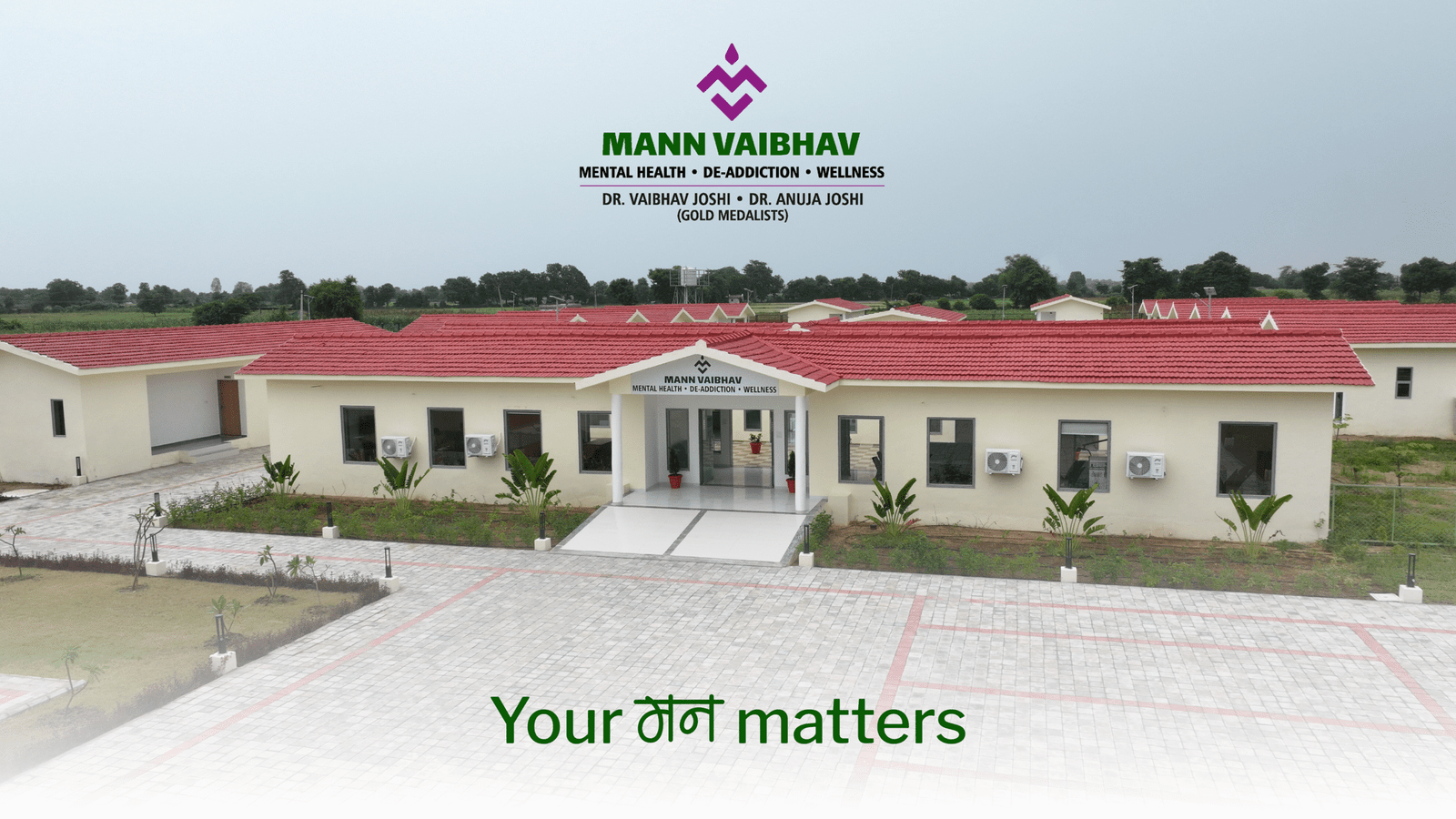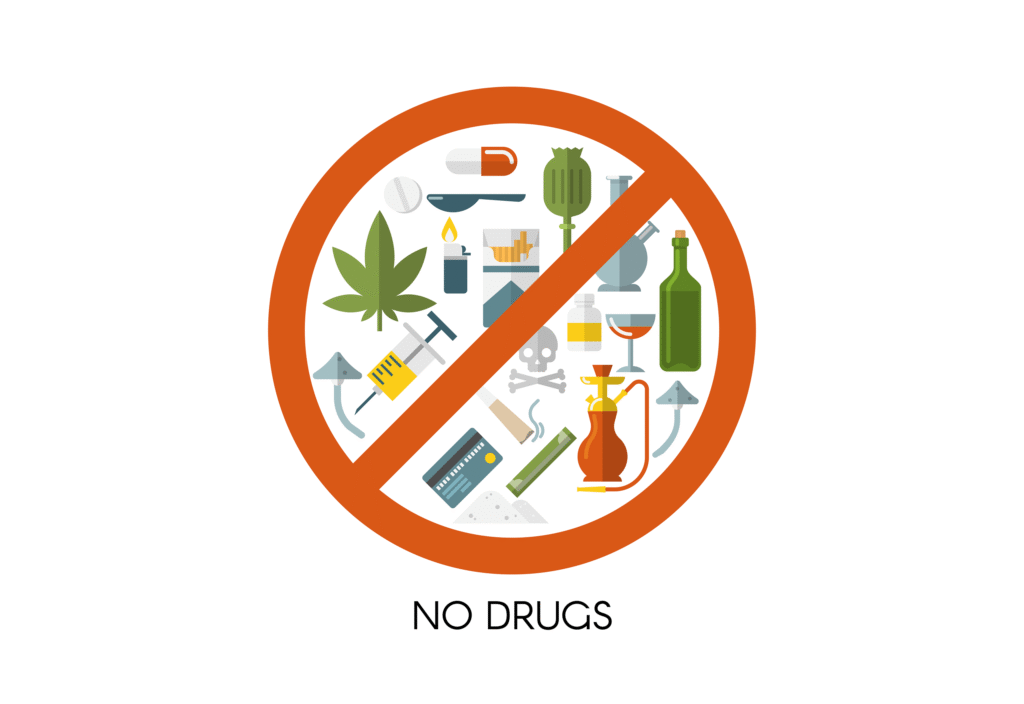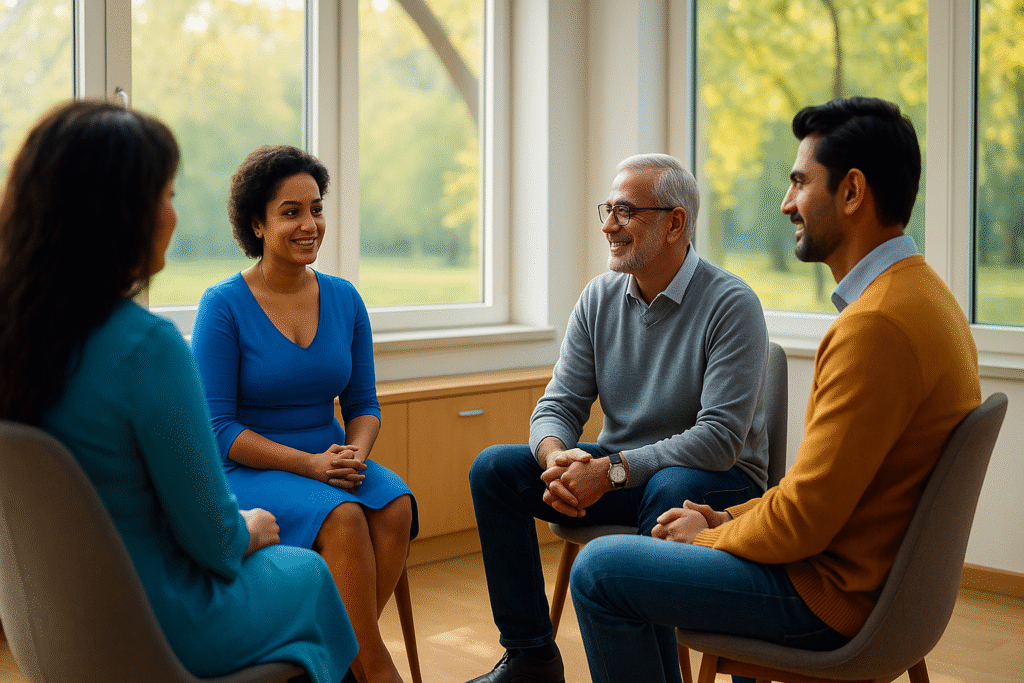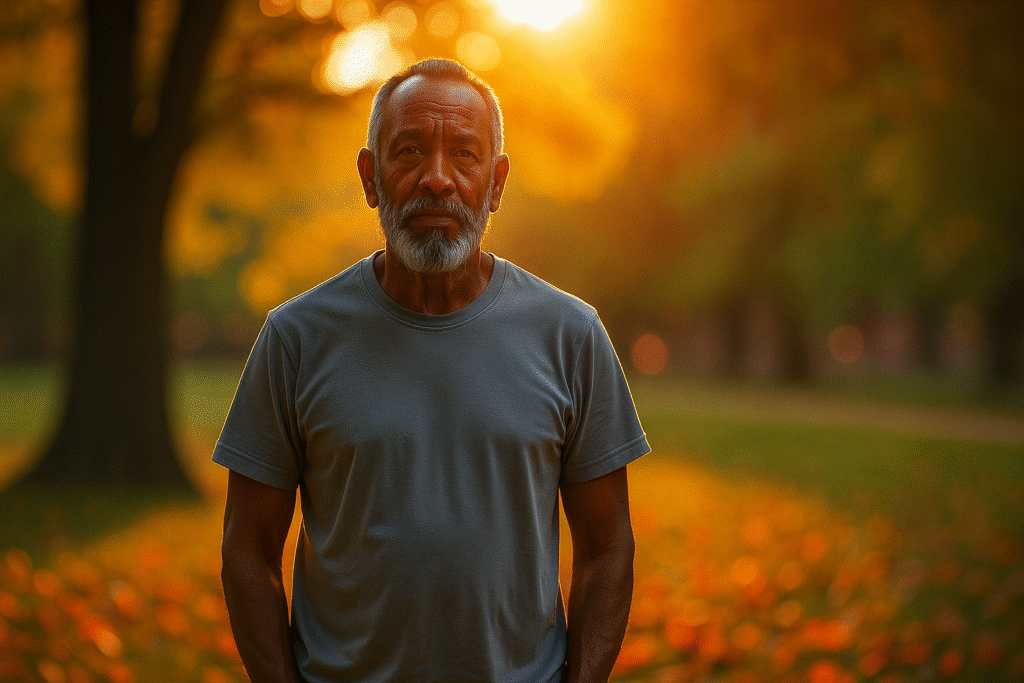7 Powerful Ways a De Addiction Centre Transforms Lives

Understanding De-addiction & Nasha Mukti Kendras in Gujarat
Substance abuse has become a growing concern across India, and Gujarat is no exception. From alcohol and tobacco to more severe drug dependencies, addiction affects not only individuals but also families and communities. Recovery from such struggles requires more than just willpower—it needs structured guidance, professional care, and long-term support. That is where a de addiction centre (also known as a Nasha Mukti Kendra) plays a vital role. These centres offer a safe, supervised, and healing environment where individuals can begin their journey towards sobriety and regain control over their lives.
What is a De Addiction Centre?
A de addiction centre is a specialized rehabilitation facility that helps people struggling with substance abuse disorders. Unlike general hospitals, these centres focus specifically on treating addiction through medical, psychological, and social support systems. They provide an environment where individuals can withdraw safely from addictive substances under professional supervision, undergo therapy sessions to address mental health concerns, and learn new skills for relapse prevention. Most centres also incorporate holistic therapies like yoga, meditation, and physical wellness programs to ensure overall recovery.
7 Powerful Ways a De Addiction Centre Helps in Recovery
1. Medical Detoxification at a De Addiction Centre
The first stage of recovery often begins with detoxification—a process where the body eliminates harmful substances. Attempting detox at home can be dangerous, especially when withdrawal symptoms are severe. At a de addiction centre, medical professionals monitor the detox process closely, provide medications if necessary, and ensure that patients remain safe and comfortable. This supervised care reduces the risk of complications and creates a solid foundation for further recovery.
2. Psychological Counseling and Therapy
Addiction is not only a physical dependency but also a mental and emotional struggle. Professional therapy is, therefore, a cornerstone of recovery. De addiction centres in gujarat provide access to trained psychologists and counselors who help patients understand the root causes of their addiction. Through one-on-one counseling, cognitive-behavioral therapy (CBT), and other approaches, individuals learn healthier coping mechanisms. Therapy sessions address issues like anxiety, depression, trauma, or low self-esteem that often fuel addictive behavior.

3. Peer Support and Group Therapy
Recovery becomes easier when people realize they are not alone in their struggles. Group therapy sessions at a de addiction centre create a safe platform where patients share experiences, encourage one another, and celebrate progress. This sense of community provides emotional support and reduces feelings of isolation. Peer interaction also helps individuals develop empathy, resilience, and the motivation to stay committed to recovery, knowing that others face similar challenges.
4. Holistic Healing Approaches
Modern de addiction centres do not limit themselves to medical treatment alone. They incorporate holistic practices like yoga, meditation, art therapy, and physical fitness routines. These activities restore balance to the mind and body, reduce stress, and improve overall well-being. Yoga and meditation, in particular, play a powerful role in calming the nervous system and reducing cravings. By focusing on mental clarity and physical health, holistic healing ensures that recovery is not just about quitting substances but about creating a healthier lifestyle.
5. Family Involvement in Treatment
Addiction does not affect just the individual—it deeply impacts families as well. Recognizing this, many de addiction centres in cities like Ahmedabad & surroundings encourage family participation in the recovery process. Family therapy sessions help rebuild trust, improve communication, and provide education on how to support a loved one in recovery. This involvement ensures that patients return to a supportive home environment, which significantly lowers the chances of relapse. When families work together with professionals, recovery outcomes are much stronger and longer-lasting.
6. Relapse Prevention Strategies
Relapse is one of the biggest challenges in addiction recovery. A de addiction centre equips patients with tools and strategies to manage triggers and stressors. Through skill-building workshops, individuals learn how to handle peer pressure, deal with cravings, and avoid high-risk situations. They also develop personalized action plans that focus on identifying warning signs early and reaching out for support when needed. These preventive strategies empower individuals to stay on track long after they leave the facility.
7. Aftercare and Rehabilitation Programs
Recovery does not end when a patient leaves a de addiction centre. Continuous care, also known as aftercare, is essential to maintain sobriety. Centres often provide follow-up counseling, support groups, vocational training, and community integration programs. Rehabilitation helps patients reintegrate into society, rebuild careers, and find new meaning in life. This structured aftercare ensures that individuals do not feel abandoned after treatment but continue to receive guidance and encouragement on their path to long-term recovery.
Emerging Needs of Effective De Addiction Centres near Ahmedabad and similar cities
Ahmedabad, as a fast-growing metropolitan city, faces increasing challenges related to lifestyle changes, stress, and peer influence. With a significant youth population, exposure to alcohol, tobacco, and drugs has become a pressing concern. Left untreated, addiction can lead to broken families, financial difficulties, health crises, and even legal issues.
This is why de addiction centres in Ahmedabad are vital. They not only save lives but also protect communities by reducing the social and economic costs of addiction. By providing professional care within the city, these centres make treatment accessible to individuals who might otherwise avoid or delay seeking help.

How to Choose the Right De Addiction Centre
Selecting the right facility can make a huge difference in recovery outcomes. Families and individuals should look for the following factors:
- Accreditation and Reputation: Ensure the centre is recognized and has qualified professionals.
- Medical and Psychological Support: Availability of doctors, therapists, and counselors.
- Personalized Care: Programs tailored to the specific needs of patients.
- Holistic and Aftercare Services: Look for centres offering yoga, meditation, and post-treatment support.
- Family Involvement: Choose facilities that encourage family therapy and active participation.
By keeping these points in mind, patients and families can make informed decisions and select a de addiction centre that provides the best chance at long-term recovery.
Final Thoughts
Overcoming addiction is never easy, but with the right support system, it is possible to reclaim life and move forward with hope. A de addiction centre provides structured care, professional guidance, and a compassionate environment that makes recovery achievable. For individuals and families in Ahmedabad, gandhinagar & surroundings struggling with substance abuse, these centres represent a path to healing, strength, and a brighter future. Choosing timely help can be the difference between despair and transformation.
For more information, visit Mann Vaibhav Rehab and De-Addiction Center






